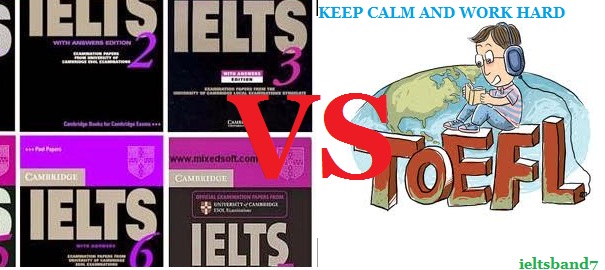Being Late # Speaking Section
Given below are some questions that can be asked in the Part II of speaking section about being late.
- Is being late acceptable in your country? Why/Why not?
- I would say you are given chances. If you are late for the first or the second time, it is allowed, however, if it becomes a habit, chances are you will shown the way out of office. However, in careers like teaching or medicine, late for even a minute is not acceptable. I think this is more of because our country men have high tolerance level. We tend to listen or understand others point of view before reacting.
- Are you ever late for appointments? Why/why not?
- Yes. There was this appointment I had with a director, and I was late by five minutes. I started off early, however, my bicycle got punctured on the way and had to get it done. The person who does it was already busy with some work, so in all I got delayed by five minutes. When I reached, I asked for an apology and told him the reason. He was very polite and understood my point.
- What kind of excuses do you think are acceptable for coming late?
- I think genuine excuses must be acceptable. For example- if someone is ill or gets into vehicle trouble or may be if some last minute work pops up. I think what is important is, if someone can beforehand tell that they might get late. Or if after coming late can tell the reason and make sure it does not becomes a habit.
- How do you feel if someone is late for an appointment?
- For me five to ten minutes is not an issue, but if it goes beyond that, I expect the person to tell me that he/she is going to be late. That gives me the room to plan out things for that period.

